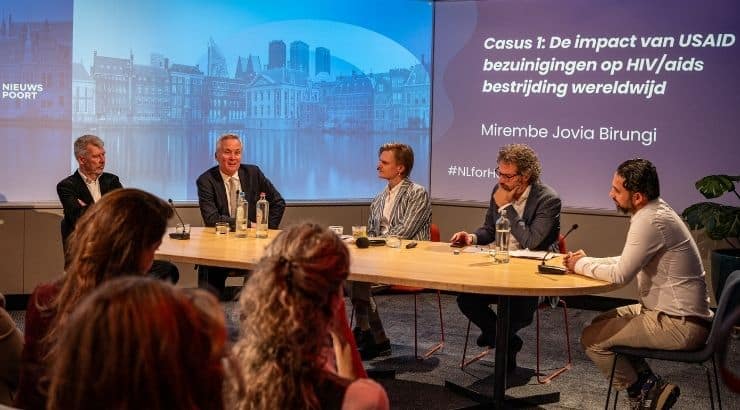This week, the Dutch Ministry of Foreign Affairs published its Youth, Education & Employment Strategy, ‘Youth at Heart’. With this strategy, for which we provided input last summer, the Dutch government aims to invest in more perspective for young people in the Sahel, Horn of Africa and Middle-East and North Africa (MENA) regions, with a focus on education and employment. In our opinion, investing in health worker jobs for these regions’ young populations would both improve their career opportunities and future, while at the same time tackle the large health workers shortage that many of these countries face.
Many low- and -middle-income countries face high unemployment rates, especially among women and youth. At the same time, many of these countries are in dire need of more health workers. This global health workforce shortage can be reversed by making the right investments in education and training, and jobs creation will build a brighter future, especially for youth, male and female.
From crisis to opportunity
In the regions MENA, the Middle East and the Horn of Africa, approximately 25% of all youth is currently unemployed, while Sub-Saharan Africa has a youth unemployment rate of approximately 12%. There is much to be gained if the right investments are made in educating and training this group, turning the employment and health workforce crises into promising opportunities. In the context of Universal Health Coverage, investments in a fit-for-purpose, educated, motivated and supported health workforce is a two-edged sword: it contributes to a strong health system and provides jobs for many.
Read our opinion piece ‘Health workforce shortages: turning crisis into opportunity’
Read more about our input for the Ministry of Foreign Affairs’ Strategy
Read the Dutch Ministry of Foreign Affairs’ ‘Youth At Heart’ Strategy (Dutch)




